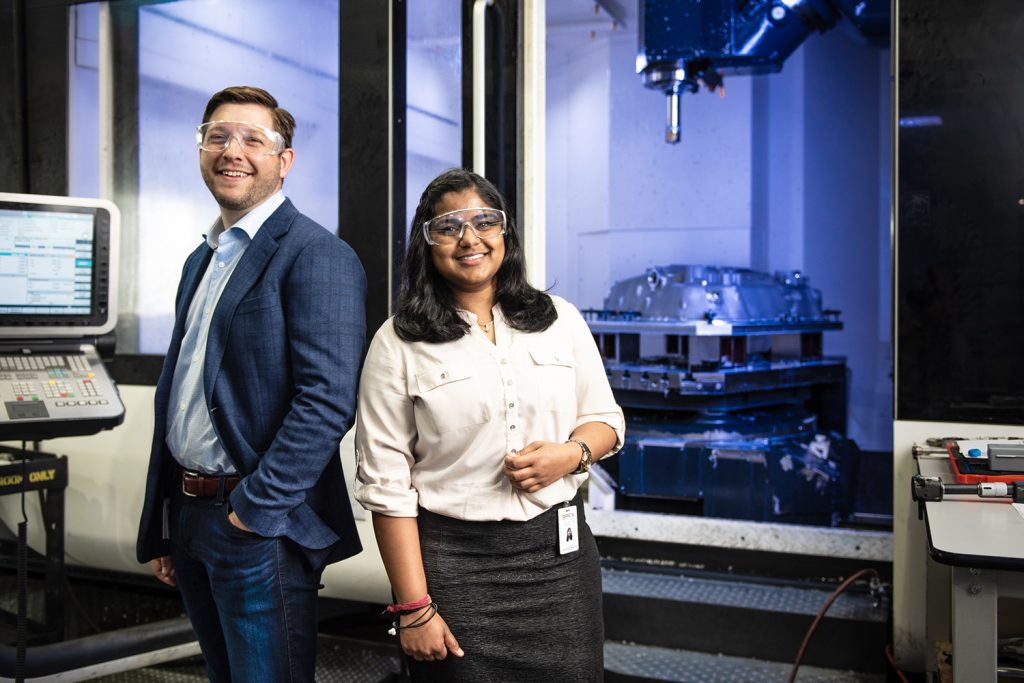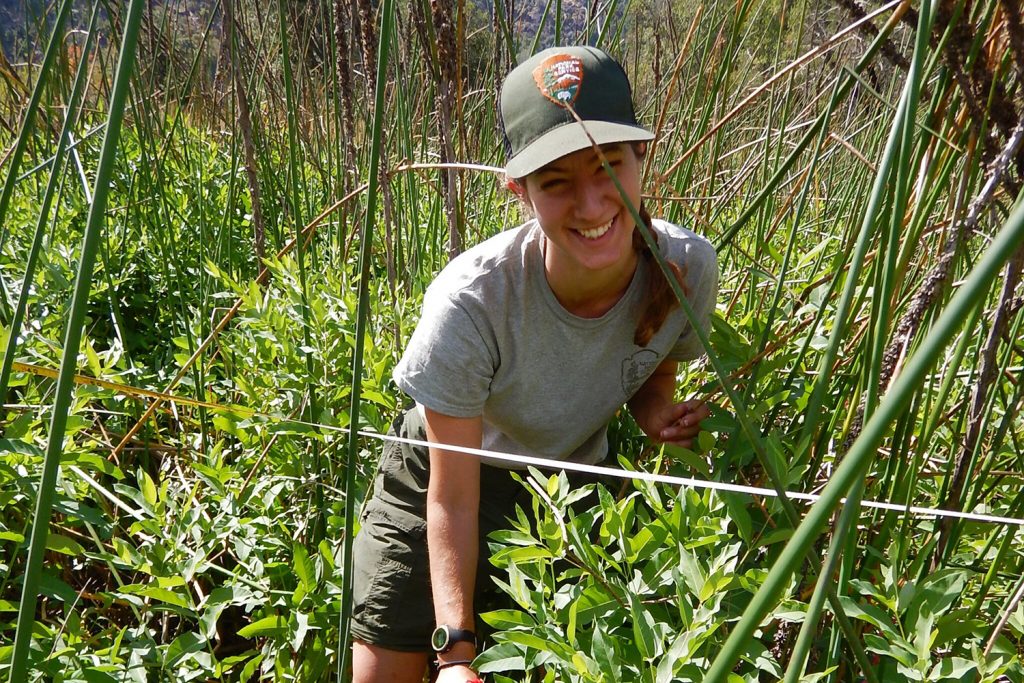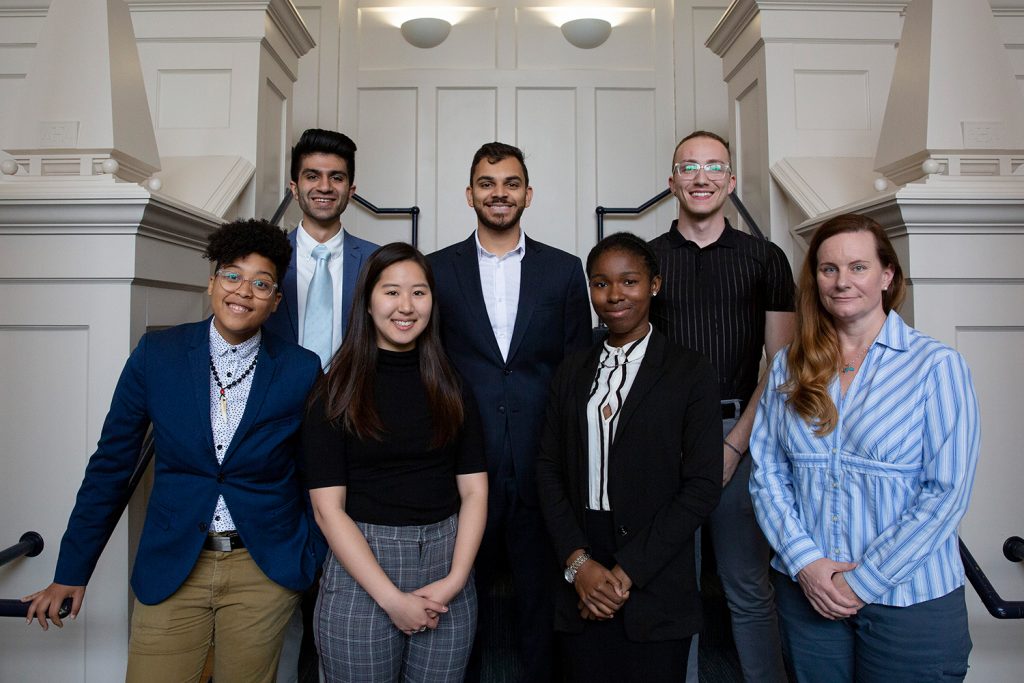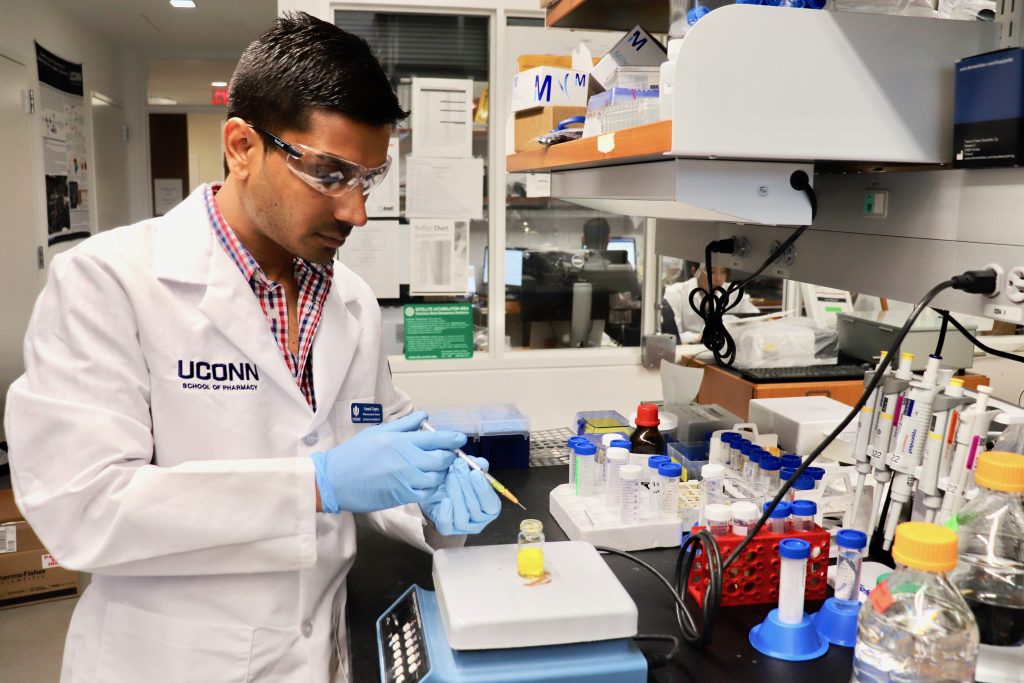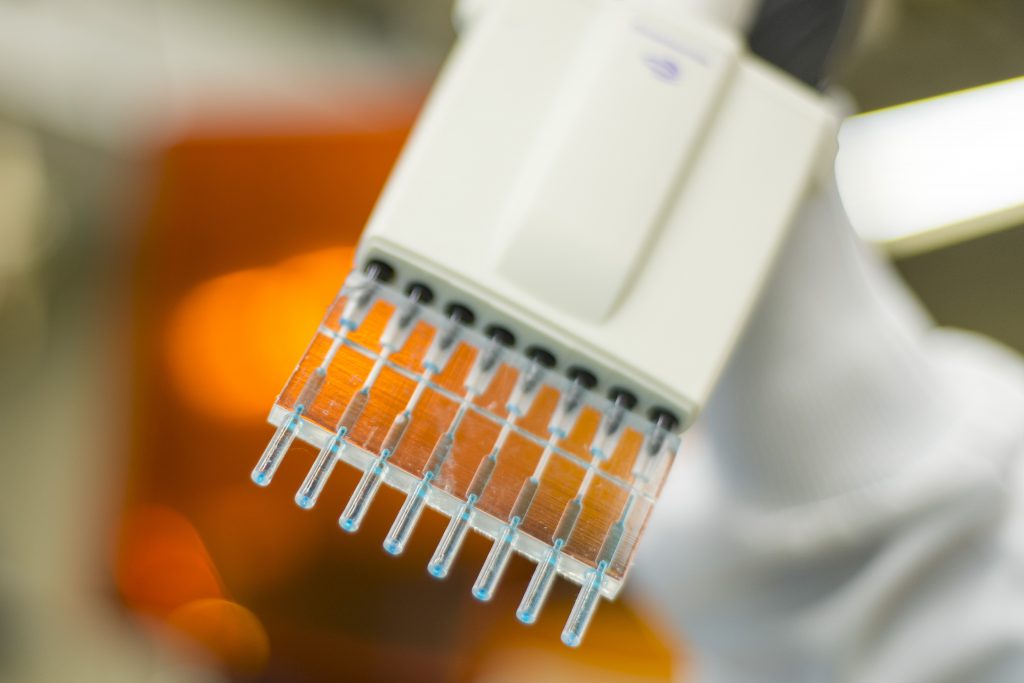The Graduate School
Grad Students Help PCX Aero Go ‘Full Throttle’
This project was a perfect opportunity to help a Connecticut company and give students a chance to apply their analytical and project management skills.
July 15, 2019 | Claire Hall
Meet graduate student Anna Puchkoff
With an academic background in various environmental sciences and hands-on experience with ecosystems at Yosemite, Anna Puchkoff has learned a lot. However, she was drawn to UConn’s Department of Natural Resources and the Environment because she needed to answer some more of her scientific questions. Here is what she said about her life and UConn. […]
July 12, 2019 | Patsy Evans
Sudden Death in Epilepsy and Breathing Troubles Linked to Bad Gene
UConn neuroscientists have found a gene mutation that causes abnormal breathing in mice with a severe form of epilepsy, mimicking the human sudden death in epilepsy syndrome.
June 20, 2019 | Kim Krieger
Study: Yoga Breathing and Relaxation Lower Blood Pressure
Yoga practice that emphasizes mental relaxation and breathing can have as much of a beneficial impact on high blood pressure as aerobic exercise, according to research by a UConn postdoc.
June 19, 2019 | Kim Colavito Markesich
Meet graduate student Alexis Trench
An animal science graduate student, Alexis Trench, has a unique combination of interests in animal research, science education and mentoring women in STEM disciplines while leaving time for dancing and being outside with lambs on the farm. Here is what she says about her experiences at UConn. Where did you study as an undergraduate? […]
June 13, 2019 | Patsy Evans
UConn Students and Alumni Honored by Fulbright Program
The Fulbright student recipients were awarded grants to travel for study and research in South Korea, Guatemala, Turkey, the E.U., India, Brazil, and Jordan.
June 3, 2019 | Combined Reports
Anand Gupta Cited for Cost-Saving Process in Cancer Treatment
The New Jersey Pharmaceutical Association for Science and Technology (NJPhAST), and its corporate sponsors recently awarded Ph.D. candidate and graduate research assistant Ãnand Gupta with a 2019 Student Scholarship in recognition of his research. It is the first time a UConn student has received this award. The annual scholarship is highly competitive and an important part of […]
May 31, 2019 | Karin Whiting Burgess
New 3D-Printed Technology Lowers Cost of Common Medical Test
'Anything that can be run by normal ELISA can be run by this, with the advantage of being less expensive, much faster, and accessible,' says UConn's Mohamed Sharafeldin.
May 22, 2019 | Jaclyn Severance
Children’s Hospital the Set for Student Puppetry Performance
While the design and building of puppets is a familiar task for Noel Williams MFA, creating them from materials that can be cleaned and sanitized under hospital infection control protocols was not.
May 20, 2019 | Kenneth Best
Meet Alumna Elizabeth Johnson
Elizabeth Johnson came to the Department of Animal Science as a graduate student to work with barn animals and add research experience to her credentials. Knowing how selective veterinary medicine programs are, she wanted to find a way to distinguish herself from other applicants. She succeeded by researching a plant-derived microbial treatment to prevent illness […]
May 16, 2019 | Jason M. Sheldon
